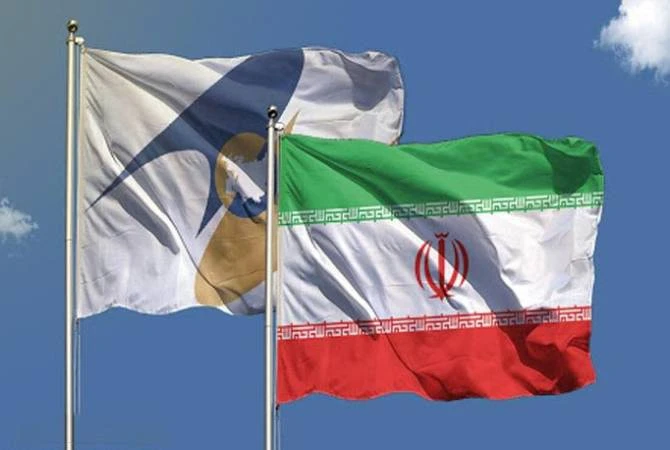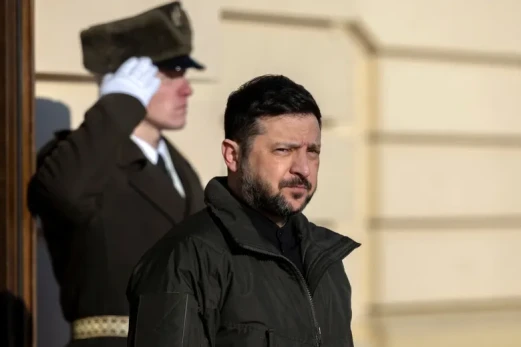The Federal Council of the Russian Federation approved the ratification of the free trade agreement between EAEU and Iran



Zelensky stated that Russia did not deliberately target the energy sector after the end of the ceasefire
Cuba is ready to work with the US on security without compromising sovereignty
The French Foreign Minister called on Iran to comply with the US demands
There is no agreement on the meeting of the US and Iranian delegations in Turkey
Latvia wants to donate more than 51,000 doses of COVID-19 vaccine to Ukraine
Durov hinted at the unreliability of WhatsApp
Reuters: Wittkoff will visit Israel this week for talks with Netanyahu
Tasnim: Iran and the US may start negotiations soon
Poland refused to support Trump's candidacy for the Nobel Prize
Ukraine is waiting for the largest shipments of air defense equipment from Sweden
Afghan authorities are planning a number of official visits to Russia in 2026
Peskov said that Moscow is ready to work for the peace of Ukraine
China has complained to the US over the unreasonable interrogation of its citizens
Kallas said that Kiev is ready to make difficult concessions
Peskov reported that Russia offered Iran the export of enriched uranium
Peskov called the Ukrainian settlement a complex process
The Iranian Foreign Ministry summoned the EU ambassadors in Tehran
The Rafah checkpoint on the Gaza-Egypt border has resumed work in a limited mode
Callas did not rule out that the rules-based world order has always been an illusion
Financial Times: Trump wants to maintain existing restrictions on nuclear weapons